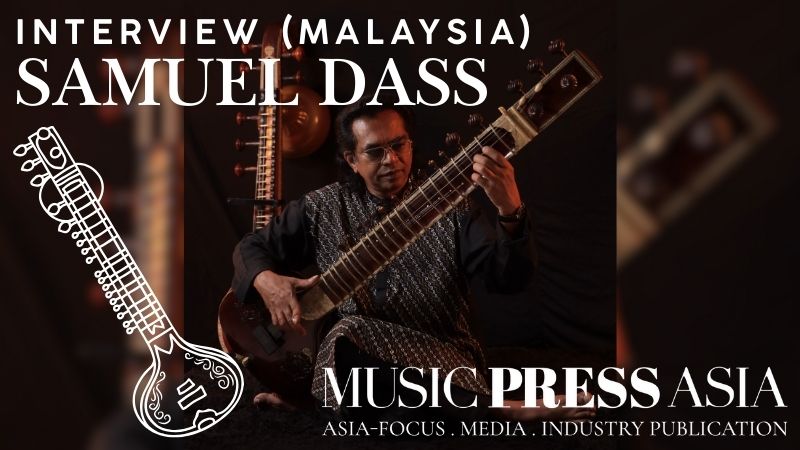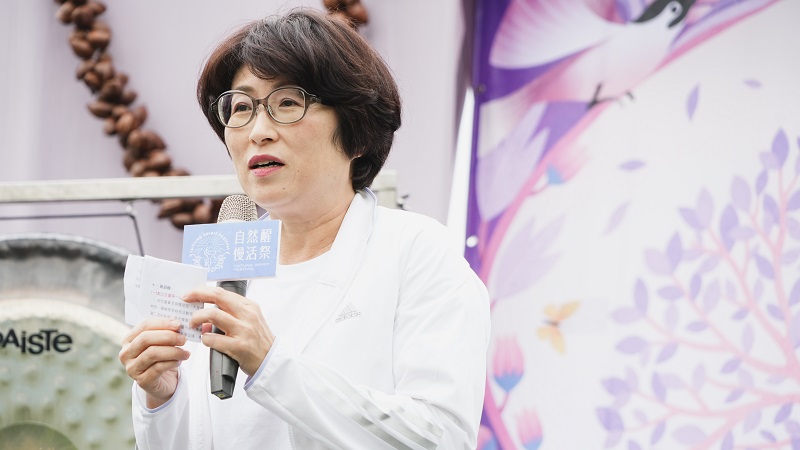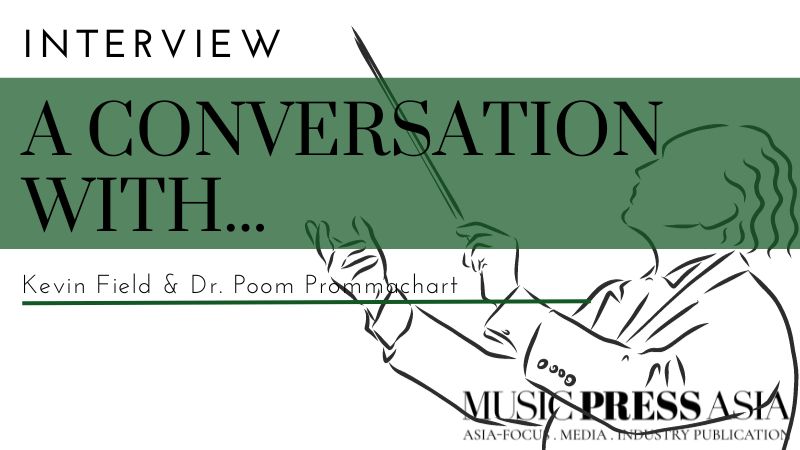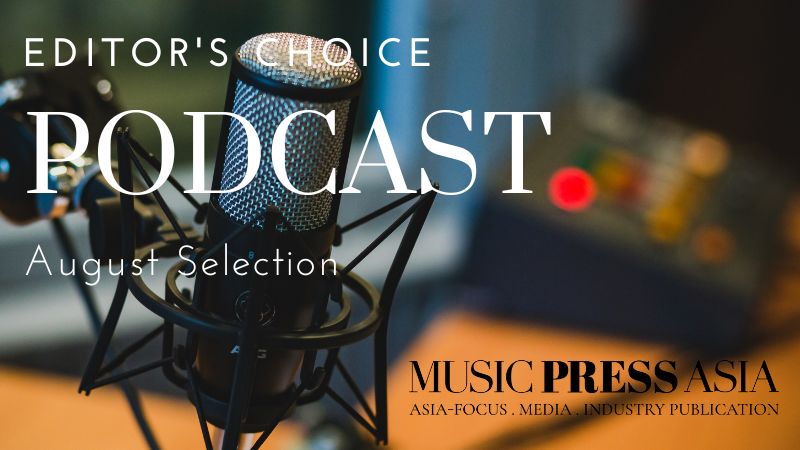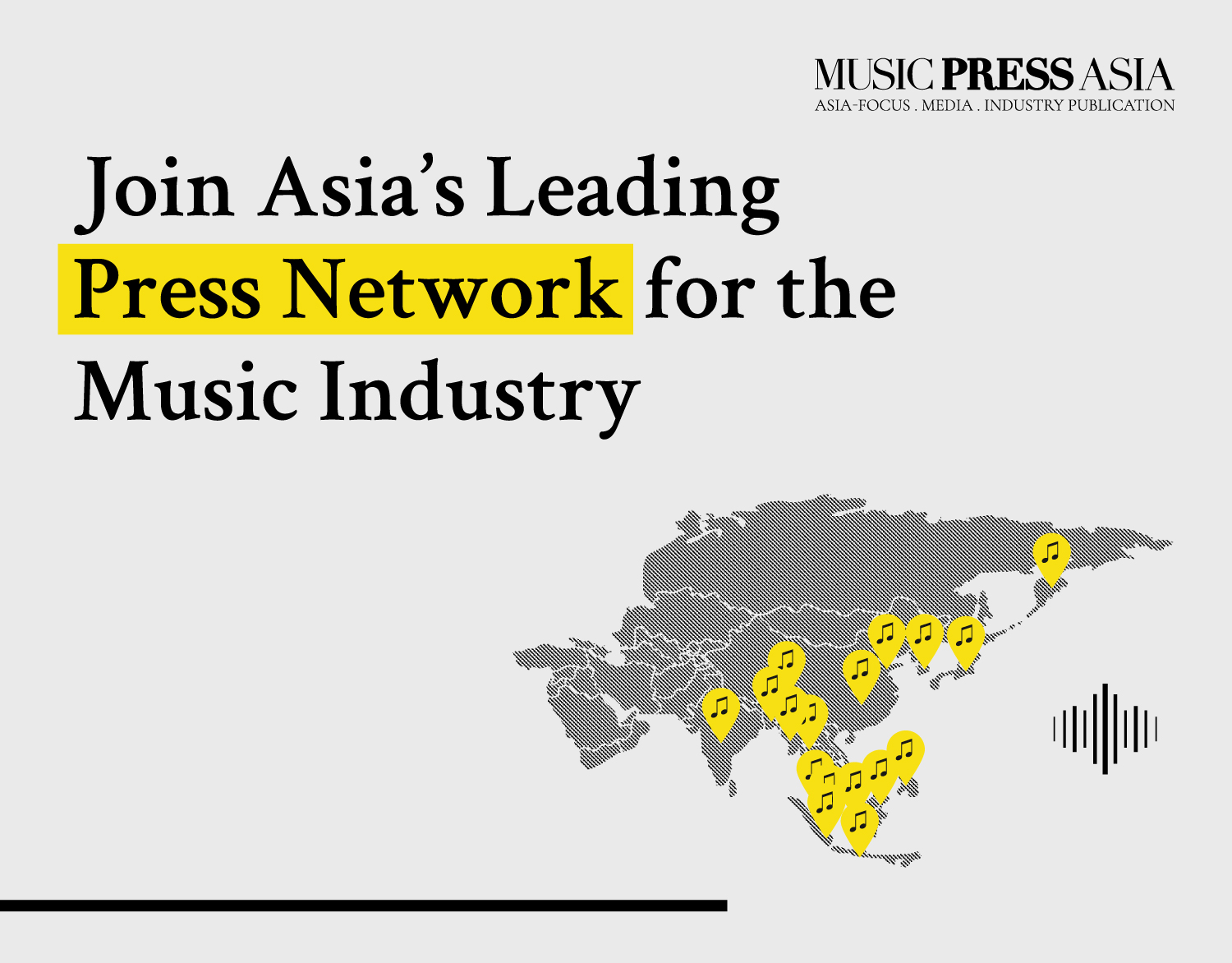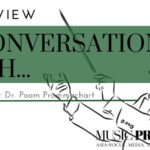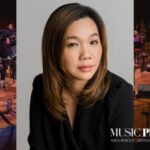Interview with Filipino Mezzo Soprano Michelle Mariposa
In a recent interview with Music Press Asia, Michelle Mariposa talked about the significance of winning the competition, her Filipino-Chinese heritage, the challenges of being a Classical opera singer, and where she will perform next.
In a recent interview with Music Press Asia, Michelle Mariposa talked about the significance of winning the competition, her Filipino-Chinese heritage, the challenges of being a Classical opera singer, and where she will perform next.
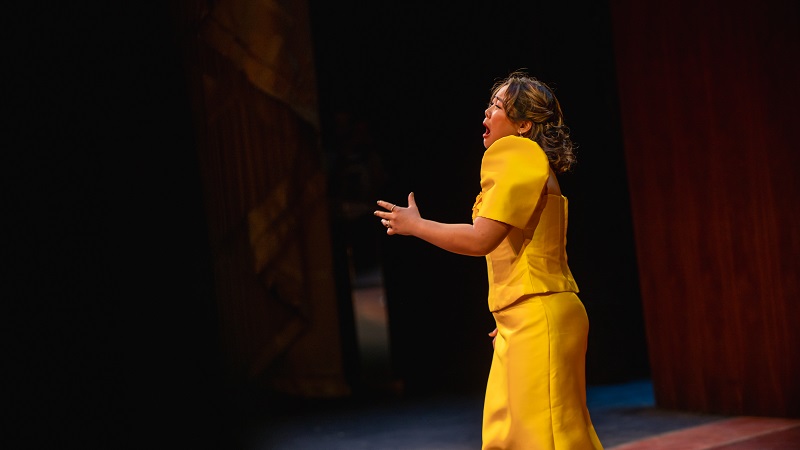
[Michelle Mariposa wins MetOpera competition 2025. Photo credit Natalie Powers/Met Opera. Newswire by Music Press Asia]
Pinay mezzo-soprano singer Michelle Mariposa was one of the 1,500 participants of the Metropolitan Opera’s Eric and Dominique Laffont Competition. The 30-year-old Filipino-Chinese singer from Quezon City wowed judges with her performance of Gioachino Rossini’s Semiramide, and Jules Massenet’s Werther and emerged as one of the five winners to win the competition.
Q1///// Michelle, congratulations again for being one of the recent Eric and Dominique Laffont competition winners at the MetOpera. How significant is this win compared to all the awards you have received thus far and what will this mean in your professional career as a mezzo-soprano?
Thank you so much. Winning the Metropolitan Opera Laffont Competition, for me, is huge. It is something I’ve dreamed of achieving ever since I first caught wind of it when I was a younger singer still in the Philippines. This is arguably the most competitive and one of the biggest competitions in the United States, especially since you go through several rounds of the competition, and it is held on the stage of one of the most prestigious opera houses in the US and the world.

To be honest, the goal was really to make it to the semifinals of the Laffont Competition, because it means getting to sing on the Metropolitan Opera stage for the first time, but it was such a blessing to go on to the finals and to actually win the whole thing. This win is a huge boost in terms of my professional career. The main thing is that it puts my name out there as an up and coming young singer–opera companies, symphonies, casting directors, agents, etc. know about the competition, and some key personnel even attend the semifinals, which is an industry audition of sorts.
So winning the competition puts you on the radar of decision-makers in the field, and hopefully, it gets me more work as an opera singer around the world.
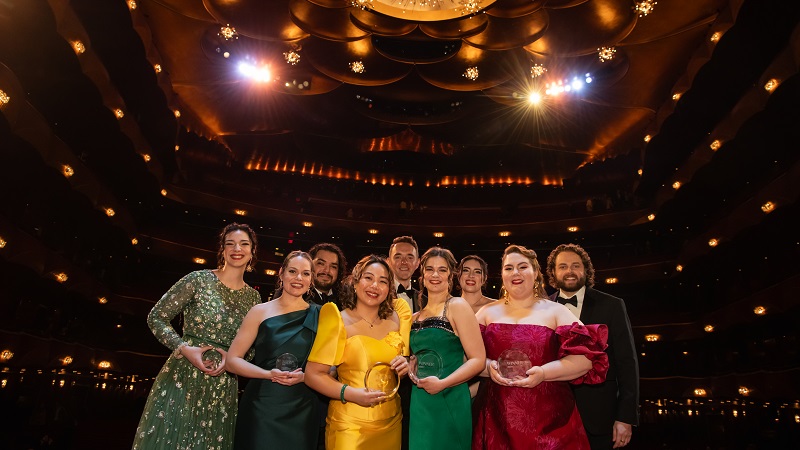
Q.2///// We are so proud that a Filipino-Chinese is being represented on the world stage. Why have you chosen to be an opera singer, and how were you inspired while growing up in the Philippines?
For me the road to opera was not always so linear. Growing up in a Filipino-Chinese household, almost all my relatives were in business, and no one was in the arts. The joke is that you either become an entrepreneur, a lawyer, or a doctor, and I did want to become a doctor, especially when I was about to enter college. I studied Psychology in the University of the Philippines with the goal of becoming a physician or a clinical psychologist, but one internship changed my perspective and made me realize that music needed to be a bigger part of my life. And I am very thankful that my family was 100% supportive of my decision to pursue music.

The choice to become an opera singer specifically came much later, in my mid-twenties. I was very much into early music and new music in the Philippines, where there were more avenues for those kinds of music (e.g. the Bamboo Organ Festival for early music, and the robust Southeast Asian new music scene where my university was a big part of). Opera in the Philippines was a rare undertaking, so I was not as exposed to it as I was to other music scenes. But it took one of my teachers, Christopher Ong Arceo, to make me understand what it meant to sing operatically, which at its core is to sing as efficiently as possible to fill a space, over an orchestra, without amplification.
So the sensation and idea of filling up a huge hall with just my voice was so magical to me, that I wanted to keep pursuing opera. And the more I listened to operatic works, the more I felt compelled to actually become an opera singer. To me, opera is something soul-bearing–you use your voice, which is a vehicle of your mind and soul, to express that which words alone cannot fully communicate.
“The Philippines is a singing nation, and even though opera is not as common in the Philippines, singing is. And so to me, it just felt natural to keep singing, even though it wasn’t the most practical option, career-wise.”
Q2.1///// Tell us more about your musical journey. Were any of these inspirations involved in the interest of music other than opera?
My musical journey started with my dad, who grew up playing piano, but could not pursue it because of financial hardships. He eventually made me and my two older siblings study piano, and I was the only one who ended up taking it more seriously.
Growing up, I also joined the children and adult choirs in my home church, Jubilee Evangelical Church, and I would go on to do some Chinese singing contests on some occasions (though I never placed). I was a huge choir nerd, I loved listening to piano and symphonic works, and I also really got into early music, new music, and art song. Outside of classical music, I also listened to a lot of pop and hip hop music. (The flow of rap, especially, inspires me when I sing my super fast arias.) I guess all in all, I really do love music.
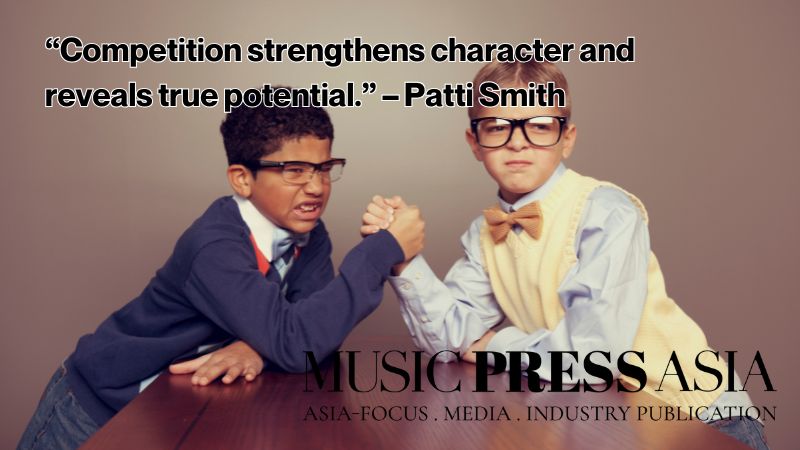
Q.3///// What are some of the disciplines you need to develop to deal with the challenges of being an opera singer?
A lot of things, starting with the body. Opera singers are called vocal athletes, because our instrument is our body. So it is important to take good care of your health and to take good care of your voice by having excellent vocal technique. That also comes with knowing your voice well, and having the wisdom to know which roles are appropriate for you to sing at present. In preparing operatic roles or arias, you also need to be very thorough in “extra-musical” aspects, such as the history of the piece, character study, languages, and diction. It also helps to learn a language that is often used in opera, such as Italian, French, or German.
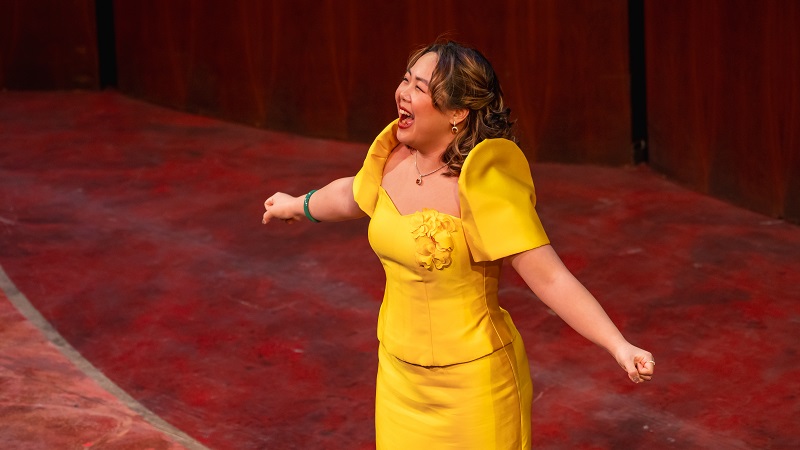
A game changer for me in the past months has been disciplining my mind as well, especially during performances, auditions, or competitions. I read a lot of sports psychology books, athlete biographies, and took inspiration from some of the greatest athletes in the world on how they dealt with high-pressure moments. (I would recommend, specifically, Rafael Nadal’s autobiography.)
Q.4///// Where will you be performing next? Will there be at any venue here in Asia? And how do you prepare for this performance?
For the next few months in the US, I have upcoming performances with the Washington National Opera (DC), the Opera Theater of St. Louis (St. Louis, MO), and with the FilAm Music Foundation (Memphis, TN and Evanston, IL). I am also singing some concerts and recitals in Neumarkt in der Oberpfalz in Germany as part of the International Meistersinger Akademie. Preparations for these performances involve sure and steady work–learning the music, diving into the texts and characters (if applicable), exploring different vocal colors, memorization, and practice, practice, practice.
So far, I have no confirmed performances in Asia as of now, but I would very much love to sing some recitals in the Philippines, and to get to perform around Asia in the future. Apart from singing more opera around the world, my dream is to bring music from the Philippines and music by Filipinos to a bigger audience, by commissioning new Filipino works, recording them, and hopefully touring the program around the world.
END.

